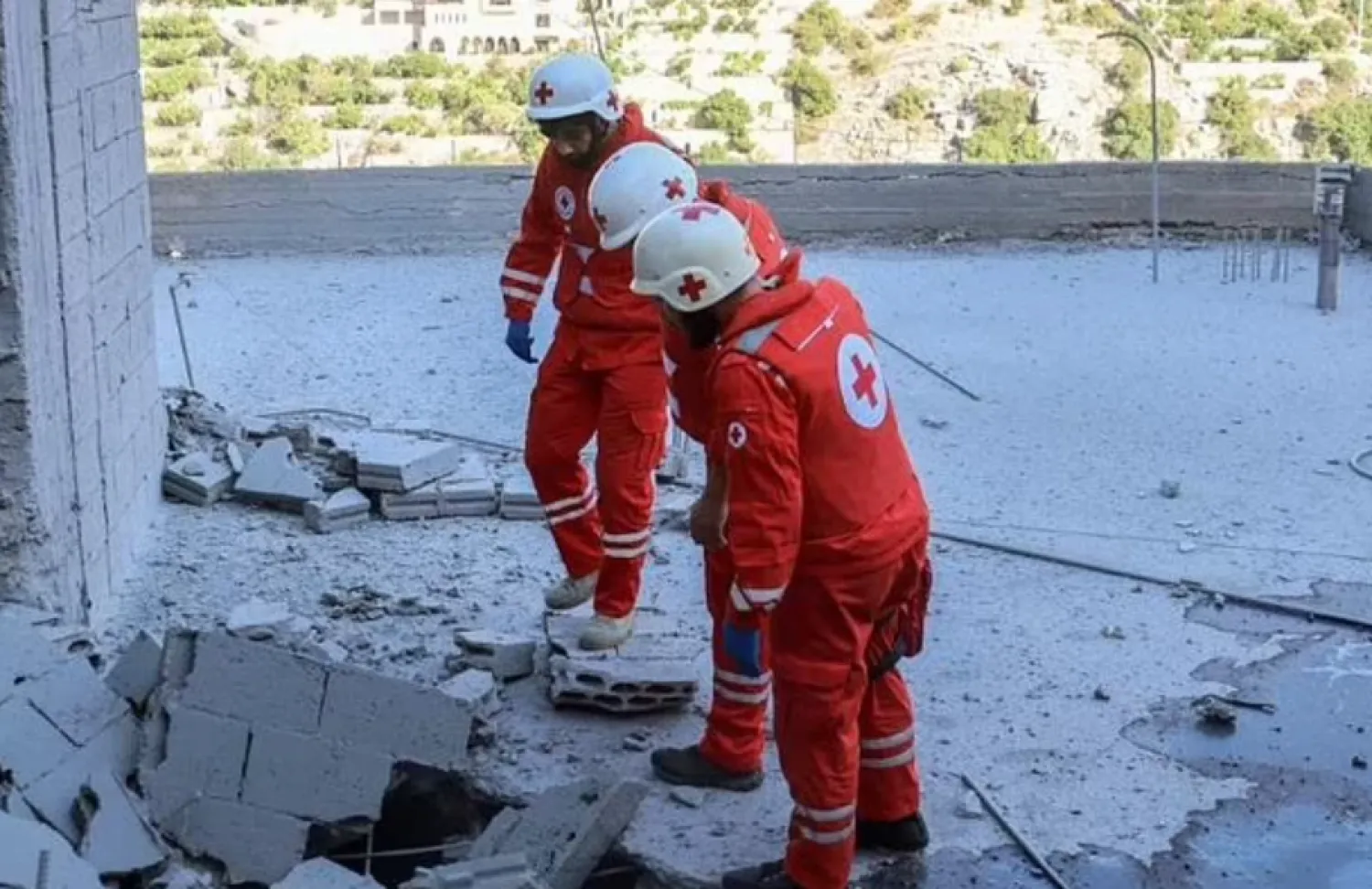Flagrant violations of the laws of war in the escalating conflict in the Middle East are setting a dangerous precedent, aid workers in the region warn.
"The rules of war are being broken in such a flagrant way... (it) is setting a precedent that we have not seen in any other conflict," Marwan Jilani, the vice president of the Palestine Red Crescent (PCRS), told AFP.
Speaking last week during a meeting in Geneva of the 191 national Red Cross and Red Crescent societies, he lamented a "total disregard for human life (and) for international humanitarian law".
Amid Israel's devastating retaliatory operation on October 7 in the Gaza Strip , local aid workers are striving to deliver assistance while facing the same risks as the rest of the population, he said.
The PCRS has more than 900 staff and several thousand volunteers inside Gaza, where more than 43,000 Palestinians have been killed, according to the territory's health ministry, and where the UN says virtually the entire population has been repeatedly displaced.
- 'Deliberate targeting' -
"They're part of the community," said Jilani. "I think every single member of our staff has lost family members."
He decried especially what he said was a "deliberate targeting of the health sector".
Israel rejects such accusations and maintains that it is carrying out its military operations in both Gaza and Lebanon in accordance with international law.
But Jilani said that "many of our staff, including doctors and nurses... were detained, were taken for weeks (and) were tortured".
Since the war began, 34 PRCS staff and volunteers have been killed in Gaza, and another two in the West Bank, "most of them while serving", he said.
Four other staff members are still being held, their whereabouts and condition unknown.
Jilani warned that the disregard for basic international law in the expanding conflict was eroding the belief that such laws even exist.
A "huge casualty of this war", he said, "is the belief within the Middle East that there is no international law".
- 'Unbelievable' -
Uri Shacham, chief of staff at the Israeli's emergency aid organization Magen David Adom (MDA), also decried the total disregard for laws requiring the protection of humanitarians.
- Gaza scenario looming -
The Red Cross in Lebanon, where for the past month Israel has been launching ground operations and dramatically escalating its airstrikes against Hezbollah, also condemned the slide.
Thirteen of its volunteers have been recently injured on ambulance missions.
One of its top officials, Samar Abou Jaoudeh, told AFP that they did not appear to have been targeted directly.
"But nevertheless, not being able to reach the injured people, and (missiles) hitting right in front of an ambulance is also not respecting IHL," she said, stressing the urgent need to ensure more respect for international law on the ground.
Abou Jaoudeh feared Lebanon, where at least 1,620 people have been killed since September 23, according to an AFP tally based on official figures, could suffer the same fate as Gaza.
"We hope that no country would face anything that Gaza is facing now, but unfortunately a bit of that scenario is beginning to be similar in Lebanon," she said.
The Lebanese Red Cross, she said, was preparing "for all scenarios... but we just hope that it wouldn't reach this point".









